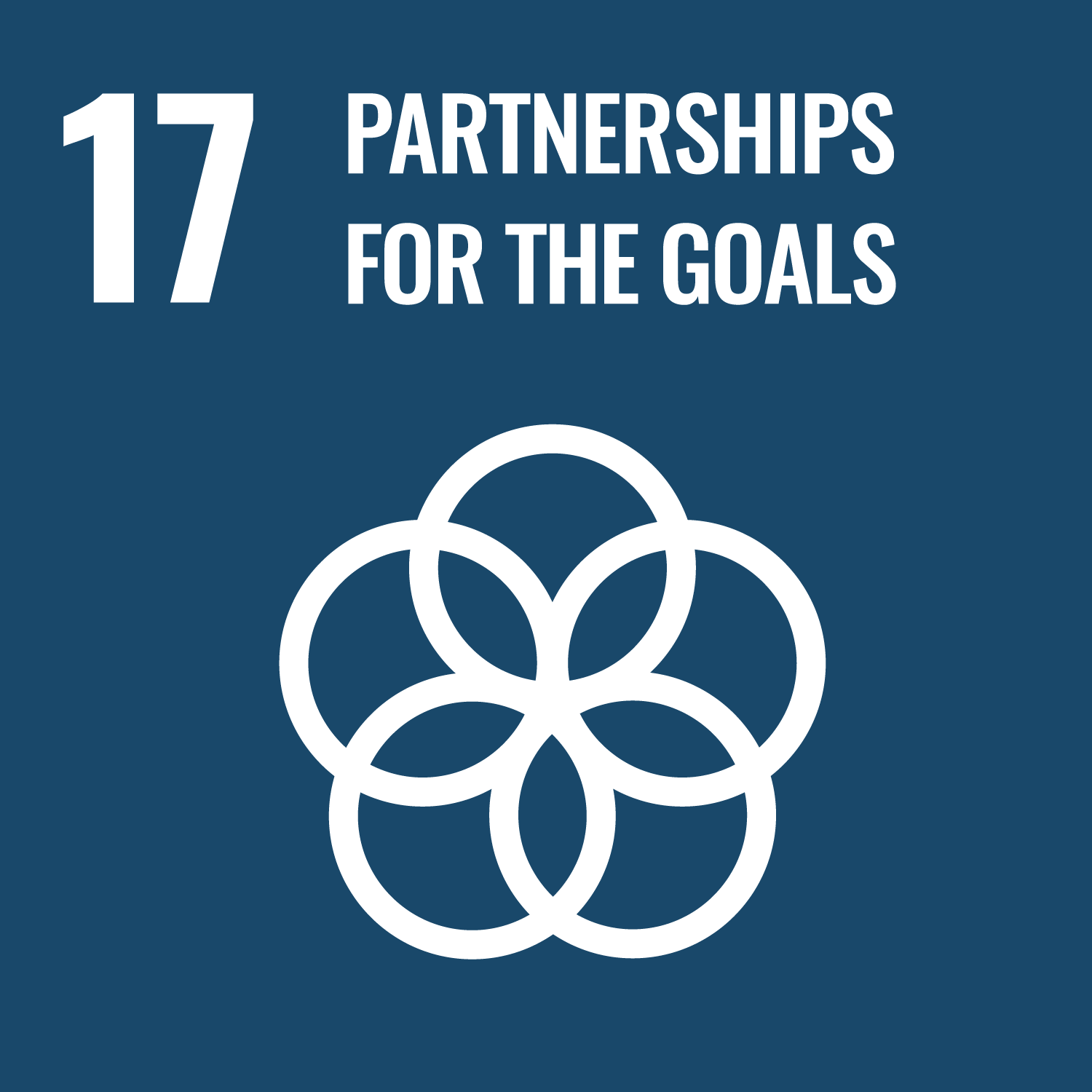Reverse Linkage Project between Chad and Tunisia for Enhancing the Teaching of Arabic Language
Enhancing the teaching of Arabic language in the framework of bilingual education
Challenges
In Chad, bilingualism is a necessity for the education system, due to the large proportion of the population who use both Arabic and French languages. It is considered a determining factor for alleviating exclusion and marginalization. Chad’s constitution emphasizes this importance by acknowledging Arabic and French as the two official languages of communication in the country.
Despite its long journey, bilingual education in Chad still has a long way to go in terms of coverage, standardization, and quality. The percentage of bilingual schools is below the country’s ambition, and their regional distribution is not balanced. Furthermore, each region or educational institution applies bilingual education differently.
The educational institutions in Chad have limited capacity and skills for implementing the elements of a comprehensive bilingual education system, including curricula and textbooks development, teachers training, and teaching practices. An important element that is currently missing is exposure to the expertise of other countries with regard to implementing effective bilingualism.
Towards a Solution
Since its establishment as an autonomous institution under the Tunisian Ministry of Education in 2004, the International Center for Training of Trainers and Pedagogical Innovation (CIFFIP) has played an essential role in the country’s ability to develop its bilingual education system. The center relies on its own experts as well as a large national network of educationists and pedagogues.
The CIFFIP specializes in designing and implementing teacher training programs relevant to teachers while applying diversified and innovative educational methods and approaches. It covers various topics, including the philosophy of education, didactic, textbook and curriculum engineering, and training standards development.
The CIFFIP is now offering a set of training facilities, to ensure quality training service. These include conference rooms, a multimedia center, fixed and mobile language laboratories, and accommodation for international trainees. The CIFFIP collaborates and exchanges expertise with peer institutions in many countries, such as Algeria, Djibouti, France, Gabon, Mauritania, Oman, and Senegal.
The Islamic Development Bank (IsDB) has supported Chad’s bilingual education sector since 2000 and is in continuous dialogue with the Government of Chad. These make the Bank familiar with the country’s challenges and capacity gaps, especially in bilingual education provision.
The Government of Tunisia has indicated, through the “Member Country Partnership Strategy 2013-2015” its readiness to continue supporting African member countries in teaching the Arabic language. The Tunisian Agency for Technical Cooperation (ATCT) identified the CIFFIP as one of the providers of expertise in this area.
Taking into consideration the needs of Chad and the capacities in Tunisia, the IsDB connected the Ministry of National Education and Civic Promotion of Chad (MoNEPC) and CIFFIP, and coordinated and funded a peer-to-peer consultation process to undertake a detailed diagnosis of the current capacities of MoNEPC. This resulted in the formulation of a Reverse Linkage project, to enable the transfer of relevant Tunisian’s expertise to Chad.
The project aims to enhance the teaching of the Arabic Language in Chad, within the framework of the country’s policy to develop Franco-Arabic bilingualism. The main activities of the project are as follows:
- Formulating and adopting an executive plan for defining and operationalizing bilingual education;
- Establishing a twinning agreement, backed by an action plan, between the CIFFIP and the Chad-based Regional Educational Center of the Islamic Educational, Scientific and Cultural Organization;
- Organizing training on the translation and dissemination of bilingual documentation;
- Providing training courses on “Arabic Language”, “Didactics of Teaching the Arabic Language”, “Training Engineering”, and the “Use of the Information Technology in Teaching the Arabic Language” for the benefit of 90 trainees. Providing training courses on “Curriculum Engineering” and “Textbook Engineering”, for the benefit of 10 pedagogical inspectors and 20 technical staff from Chad’s National Center for Curricula;
- Producing 5 guides—tailored to the specific needs of Chad—on “Training Engineering”, “Use of Information Technology in Teaching the Arabic Language”, “Curriculum Engineering”, “Textbook Engineering”, and “Translating and Disseminating Bilingual Documents”;
- Providing 90 days of on-job coaching
Bilingual education is one of the priority objectives of the Government of Chad, which considers bilingualism as an essential means for ensuring social integration. The project contributes to realizing this objective by enhancing the implementation of the National Policy of Franco-Arabic Bilingual Education. Specifically, the project aims to improve both initial and in-service training of Franco-Arab bilingual teachers and support the development of Arabic curricula and textbooks.
By contributing to the project, Tunisia is realizing its South-South Cooperation strategy—capitalizing on its expertise and know-how to help other member countries, particularly the sub-Saharan French-speaking countries. ATCT and CIFFIP can strengthen their collaboration with Chadian counterparts and generate international visibility for Tunisia’s expertise.
From the IsDB’s perspective, the project is in line with Bank’s Education Policy, which promotes bilingual education. At a broader level, the project represents an efficient and effective way of improving cooperation among the member countries.
Contact Information
Mr. Abdelhakim Yessouf, Senior Technical Cooperation Specialist, IsDB | Mr. Karim Ben Rejeb, Deputy Director, ATCT
Countries involved
Chad, Tunisia
Nominated By
Islamic Development Bank (IsDB)
Supported By
Islamic Development bank (Isdb), Tunisian Agency for Technical Cooperation (ATCT), Government of Chad
Implementing Entities
International Centre for Training of Trainers and Educational Innovation (CIFFIP)
Project Status
Completed
Project Period
2017 - 2020
URL of the practice
http://bit.ly/3UtqTMdPrimary SDG
04 - Quality Education
Secondary SDGs
17 - Partnerships for the Goals
Primary SDG Targets
4.1 4.5Similar Solutions











